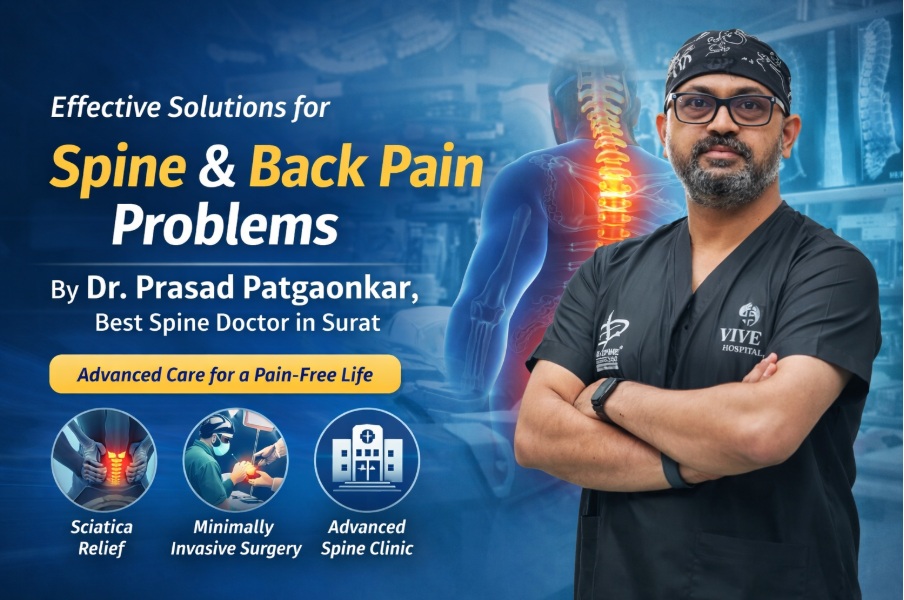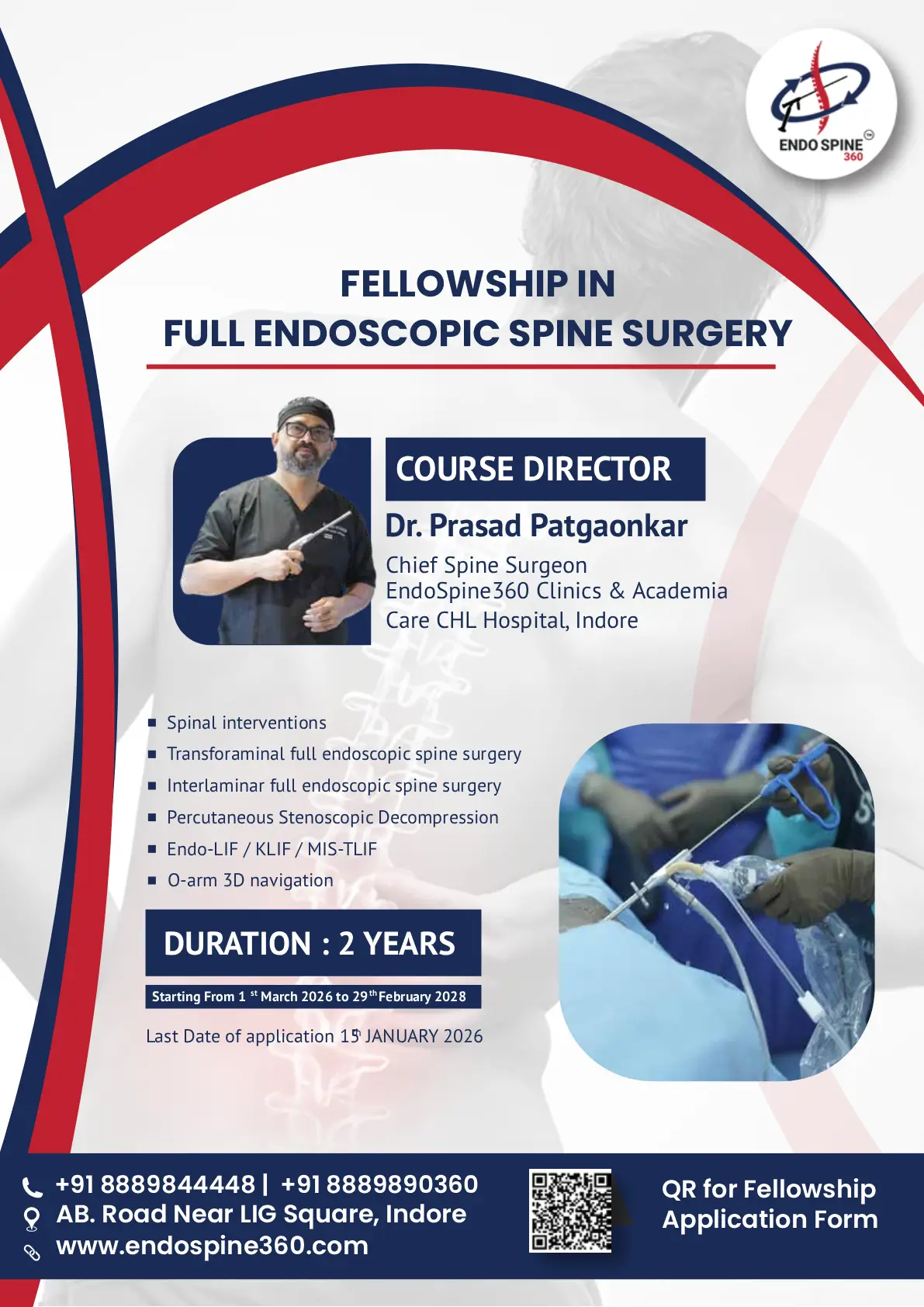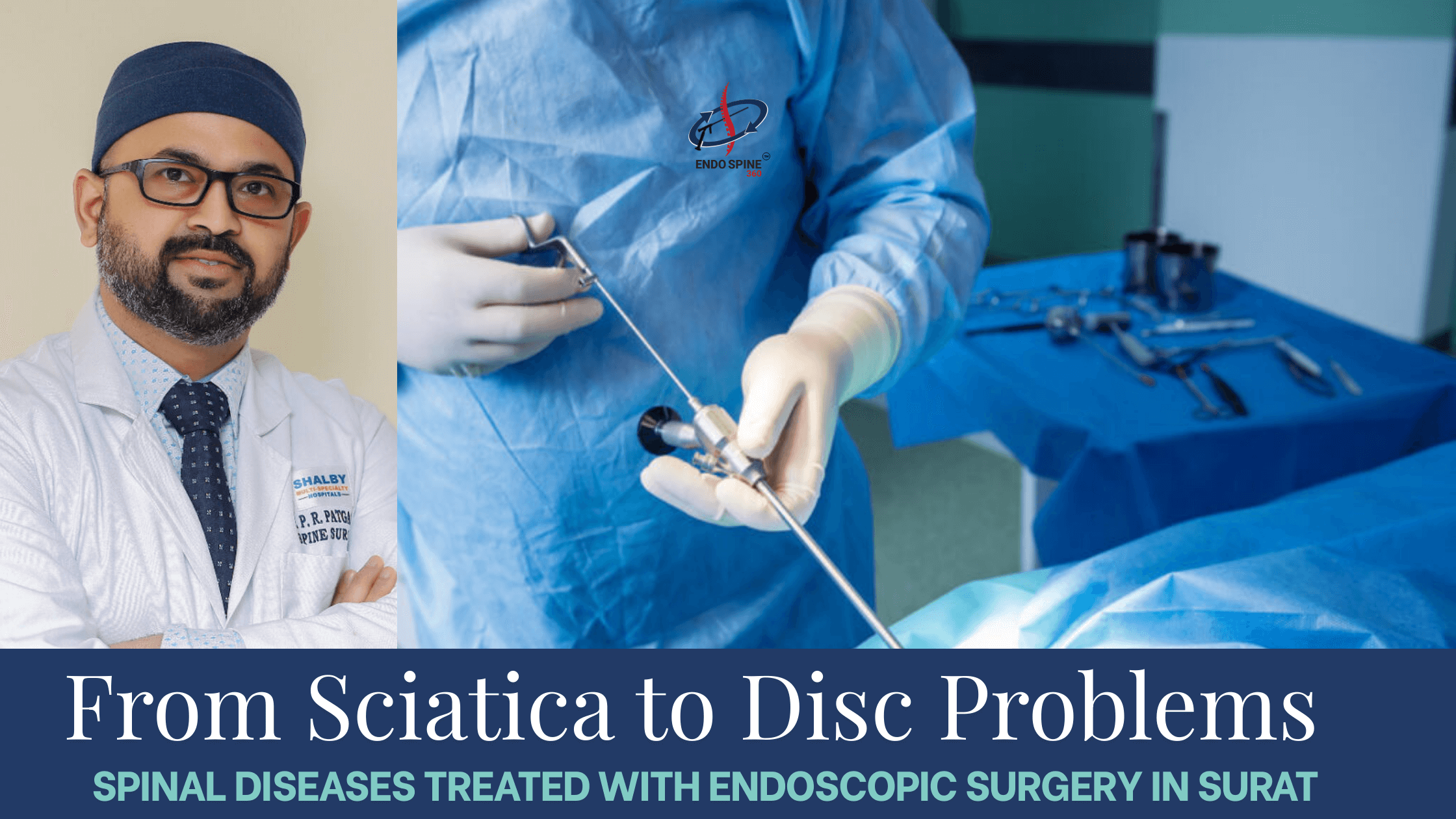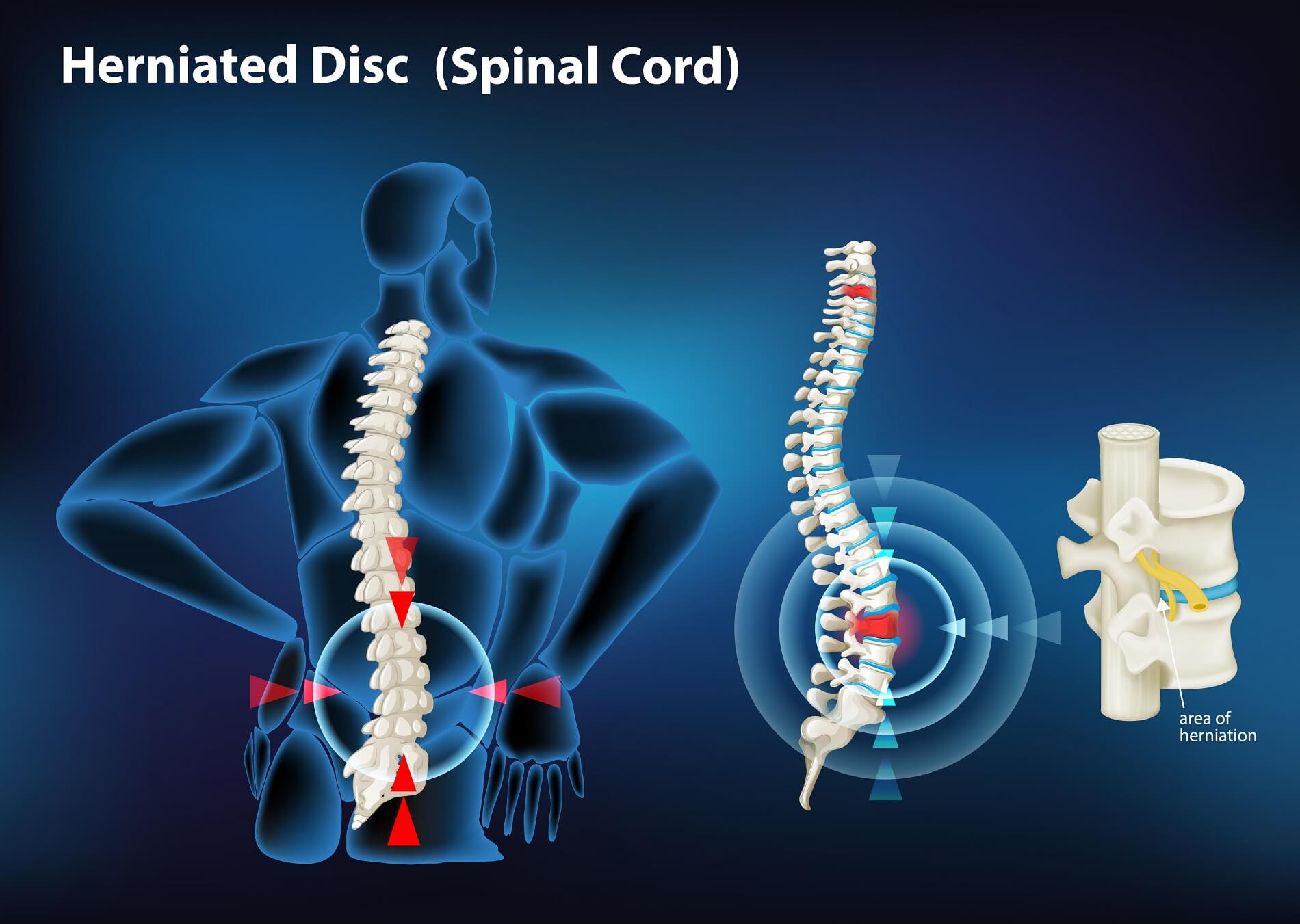How to Know If you Have a Herniated Disc
- Admin
Pain from a herniated disc can be a challenging and sometimes unpredictable condition impacting the spine. Manifesting in different areas of the back, it brings forth an array of symptoms such as localized pain, numbness, and tingling sensations.
What is a Herniated Disc?
A herniated disc is a condition where the soft cushion of tissue, also known as a disc, between the bones in your spine pushes out or protrudes. This condition is also referred to as disc bulging or a ruptured disk. The pain associated with a herniated disc arises when it presses on nerves. While it can occur in any part of the spine, it most commonly manifests in the lower back. Depending on its location, a herniated disc can lead to pain, numbness, or weakness in an arm or leg.
Symptoms of Herniated Disc
- Pain and numbness on one side of the body
- Pain that worsens at night
- Pain when walking short distances
- Pain in specific movements
- Burning sensations or tingling sensations on the area served by the affected nerves
- Weak muscles in the area served by the affected nerves
- In rare cases loss of bladder or bowel control.
Causes of Herniated Discs
Age: The natural aging process leads to a reduction in the water content of spinal discs, diminishing their flexibility and increasing vulnerability to injury.
Trauma: Spinal trauma resulting from incidents like falls or car accidents can be a causative factor for herniated discs.
Repetitive Strain: Engaging in repetitive activities, such as frequently lifting heavy objects, places continuous stress on spinal discs, elevating the likelihood of herniation.
Herniated Disc Diagnosis
Accurate medical diagnosis plays a crucial role in the treatment of a herniated disc. Fortunately, spontaneous healing can occur in certain cases. Seeking professional medical attention is the most effective approach to ascertain whether a herniated disc is present. A doctor can assess and diagnose the condition, employing various physical and medical tests to pinpoint the source of back pain.
When diagnosing a herniated disc, a doctor may consider various factors, including:
- Leg Strength: Stretch tests, such as straight leg raises, can help assess leg strength. Pain occurring at specific angles during leg raises may indicate a herniated lumbar disc.
- Walking Mannerisms: Observing a patient's walking patterns and gait can provide valuable insights. Changes in gait, such as walking slowly or favoring one leg, may suggest pain, discomfort, or limited range of motion associated with a herniated disc.
- Touch Sensitivity: Evaluating touch sensitivity is crucial in identifying herniated disc symptoms. Physicians assess overall touch sensitivity by testing responses to light vibrations or touches. Loss of sensation or numbness may indicate symptoms of a herniated disc or nerve compression.
- Medical Imaging: To rule out other complications or pinpoint specific pain areas, medical imaging tests such as x-rays, CT scans, MRI scans, or myelograms may be recommended. These tests provide detailed insights into the spinal condition and help in confirming a herniated disc diagnosis.
Treatment of Herniated Disc
For some patients, a herniated lumbar disc may gradually improve over time, but many require medication and ongoing consultation with a specialist, commonly known as a Slipped Disc doctor.
Treatment Options for Slipped Disc Patients:
Non-Surgical Treatment:
Initial approaches for a herniated disc are typically nonsurgical and may include:
- Rest
- Application of Heat or Cold
- Massage
- Physical Therapy
- Oral Medications
- Non-Steroidal Anti-Inflammatories (NSAIDs)
- Epidural Steroid Injections
Surgical Treatment:
Surgery is considered when nonsurgical treatments fail to relieve symptoms, especially for patients experiencing weakness, walking difficulties, or loss of bladder/bowel control. Surgical options for a slipped disc include:
- Transforaminal Endoscopic Lumbar Discectomy
- Interlaminar Endoscopic Lumbar Discectomy
- MicroLumbar Discectomy
- Nucleotomy
- Laminectomy
- Spinal Fusion
- Disk Replacement
- Expert guidance from a Slipped Disc doctor is essential to determine the most appropriate treatment plan based on individual symptoms and circumstances
Prevention Herniated Discs:
While herniated discs may not always be preventable, certain measures can be taken to minimize the risk of developing this condition. Maintaining good spinal health is key to prevention.
Maintain Good Posture:
- Sit and stand with proper alignment to reduce strain on the spine.
- Avoid slouching or hunching, and ensure the workstation is ergonomically designed to minimize stress on the spine.
Exercise Regularly:
- Engage in regular exercise to strengthen the muscles around the spine and enhance flexibility.
- Activities such as walking, swimming, yoga, and core-strengthening exercises like planks, bridges, and bird dogs can protect the spine from injury.
Maintain a Healthy Weight:
- Excess weight can add stress to the spine, elevating the risk of herniation.
- Prioritize a balanced diet and regular exercise to achieve and maintain a healthy weight.
Stay Hydrated:
- Spinal discs are predominantly composed of water, requiring adequate hydration for optimal function.
- Dehydration may compromise the elasticity and resilience of spinal discs, increasing vulnerability to injury.
Lift Properly:
- When lifting heavy objects, use proper techniques to avoid straining the spine.
- Bend at the knees and use the legs to lift, avoiding bending at the waist.
- Refrain from twisting the spine while lifting and carrying objects.
Quit Smoking:
- Smoking can weaken spinal discs, increasing the risk of herniation.
- Quitting smoking can reduce the likelihood of developing a herniated disc and contribute to overall spinal health.
At Endospine360, we place a strong emphasis on preventive care and prioritize minimally invasive surgical approaches. Our commitment is reflected in clear communication and personalized attention for each patient. Schedule a consultation today to discover how we can provide optimal care for your spinal condition. Our dedicated team is ready to support and guide you through every step of your treatment journey, ensuring your well-being is our top priority.
Search
Categories
Popular Tags
Recent Post
-
Consult the top spine surgeon for safe and effective spine treatment

Spine problems such as chronic back pain, neck stiffness, slipped disc...
Read more -
Effective solutions for spine and back pain problems by the best spine doctor in surat

Back pain and spine-related disorders have become increasingly common ...
Read more -
Full endoscopic fellowship 2026

Fellowship in full endoscopic spine surgery under Dr. Prasad Patgaonka...
Read more -
From sciatica to disc problems: spinal diseases treated with endoscopic surgery in surat

Spine pain can quietly affect every part of your life—from walking and...
Read more



